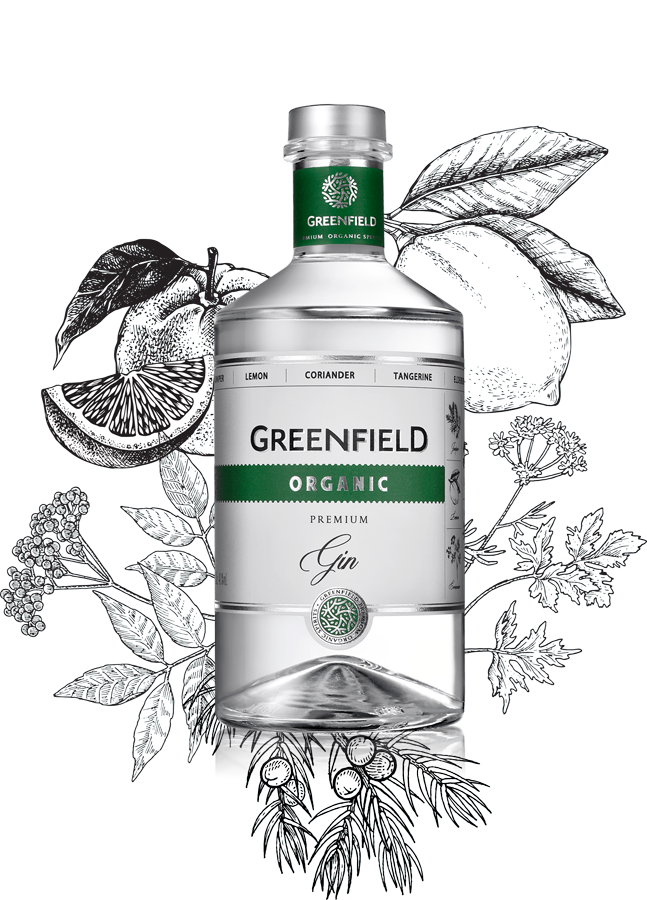

Our FAQ
What is organic farming ?
Put simply, organic farming is an agricultural system that seeks to provide you, the consumer, with fresh, tasty and authentic beverages and foods while respecting natural life-cycle systems.
To achieve this, organic farming relies on a number of objectives and principles, as well as common practices designed to minimise the human impact on the environment, while ensuring the agricultural system operates as naturally as possible.
Every time you buy an organic product, you can be sure they were produced according to strict rules aimed at respecting the environment and animals.
Typical organic farming practices include:
- Excluding or strictly limiting the use of chemical synthetic pesticide and synthetic fertiliser, livestock antibiotics, food additives and processing aids and other inputs
- Absolute prohibition of the use of genetically modified organisms
- Wide crop rotation as a prerequisite for an efficient use of on-site resources
- Taking advantage of on-site resources, such as livestock manure for fertiliser or feed produced on the farm
- Choosing plant and animal species that are resistant to disease and adapted to local conditions
- Raising livestock in free-range, open-air systems and providing them with organic feed
Organic farming is also part of a larger supply chain, which encompasses food processing, distribution and retailing sectors and, ultimately, you.
Why choose organic ?
Organic farming contributes to the protection of our natural resources, to biodiversity and animal welfare, and helps the development of rural areas.
When you chose an organic product, you can be assured that the production process and the product;
- contributes to a high level of biodiversity and the preservation of species and natural habitats.
- makes responsible use of energy and natural resources.
- takes account of local and regional balances and encourages the use of on-site resources.
- enhances soil life, natural soil fertility and water quality.
- promotes animal health and welfare.
- meets the specific behavioural needs of animals.
- is produced under controlled organic standards.
- guarantees that all enterprises in the organic sector are regularly inspected by authorities.
Read more on: ec.europa.eu/agriculture/organic/home_en
Do organic drinks really taste better ?
Spirits are distilled and many producers believe that organic grains, sugarcane and potatoes have a better cell structure than conventional ingredients, and that they are easier to ferment, which in turn means distillers will not have to add artificial enhancers. Using the natural fermentation process results in a purer product that many people believe also tastes better.
In the case of organic wine, products are subject to strict certification standards and are often made with higher quality ingredients that result in a more flavorful drink.
Does organic alcoholic beverages reduce your hangover ?
Hangovers are generally caused by dehydration as a result of consuming larger amounts of alcohol and/or as a reaction to additives in alcoholic beverages. Because organic drinks normally are of purer quality and avoids many of the additives one often find in non-organic products, it is possible that hangover symptoms could be reduced.
Some people claim organic wine, drunk in moderation, is less likely to give you a hangover than standard wine. All wines are treated with sulphur dioxide to help prevent deterioration in taste, but most organic winemakers are only allowed to add far less than is routine practice. Many people react strongly to sulphur and get headaches from it, so it could be fair to say that organic wine is less likely than normal wine to give you a hangover.
This being said, the only way to prevent a hangover is to avoid heavy drinking and limit the amount of alcohol you consume to an amount that your body can metabolize.


Take the best
of your spirit
Discover few suggestions to explore many more ways to enjoy Greenfield spirits.
